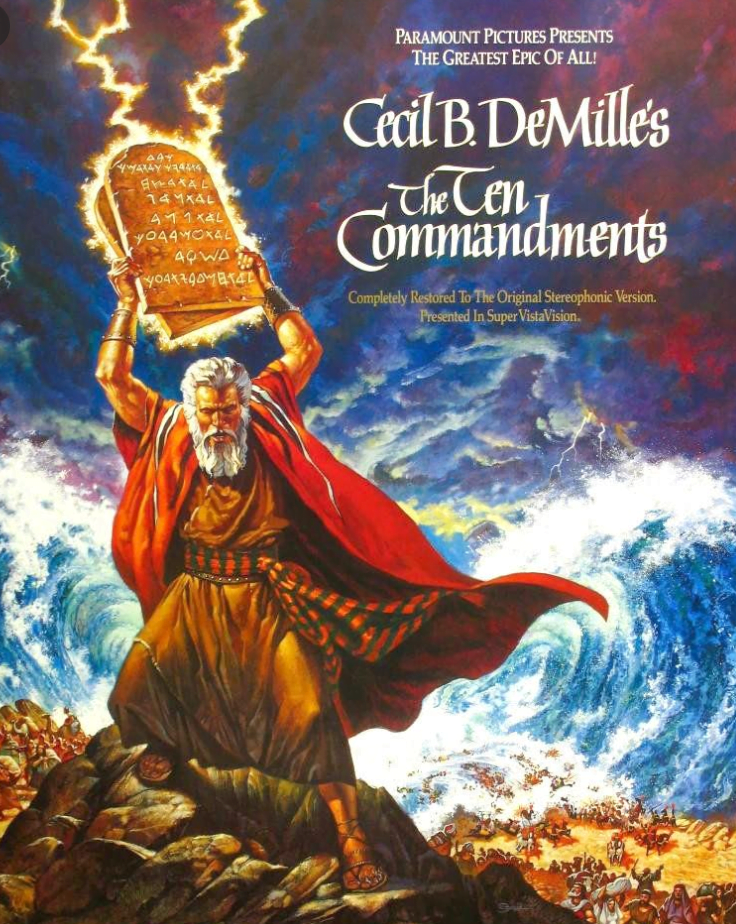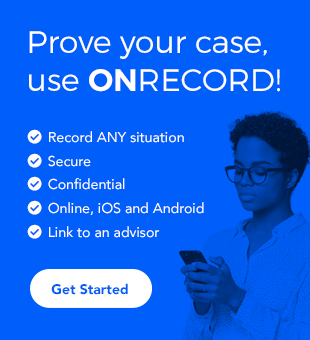You need evidence and the best evidence is written evidence
To win a case in court the basic fact is that you must have evidence to prove:
- That what you are saying has happened has actually happened;
- Who is responsible; and
- That your version of events has involved a breach of the relevant law - this is known as the ‘legal argument’.
Documentary evidence
Documentary evidence, i.e. written evidence, is generally viewed as the best form of evidence, so prioritise collecting emails, screenshots of texts, letters.
Keep all original documents, as you may have to produce them to show they are the same as your copies. If you haven’t got the originals, gather evidence showing that the copy is an authentic copy of the original. You can get a document certified as a true copy of the original by getting it signed and dated by a professional person, like a solicitor. Copies of documents that can be certified include: passport, photo card driving licence, letters from a government department, bank/building society or credit card statements, gas, electricity or council tax bills, and letters from a hospital/doctor.
Keep paper and electronic copies of all evidence. You can also download our handy evidence gathering tools right here.
7 types of documentary evidence.
1. Official documents
These are things like, powers of attorney, birth and marriage certificates, grants of probate, land certificates and contracts. They have legal authority and are highly reliable (provided they’re not fake).
2. Witness statements
Witness statements from witnesses who can confirm all or a part of what you’re alleging are very important.
A witness statement is a document laid out in a specified way, setting out the evidence of the person writing the statement and ending with a statement of truth. By signing the document the author confirms it is true. A witness statement should be factual and state what was seen or heard by the person writing the statement. These statements need to be shared with all of the people involved in the court hearing as well as the court.
3. Photographs and videos
It is important that the date of all photos or videos evidence is clear and available. ONRECORD precisely records the date and time of any uploaded evidence. The time and location of photos or videos you make using your mobile device can be proved from its Exchangeable Image File (EXIF) as long as you have allowed your camera to save locations.
4. Correspondence
Save all letters and emails between you and your opponent and any others such as a Local Authority department or a regulator together with their replies.
5. Notes of meetings
Write notes during, or as soon as possible after, all the meetings with the people involved in your case (stating who was present and when and where it happened). Send all attendees a copy and ask them to agree and sign the notes. These notes should include what was agreed and, if a course of action was agreed, what the action is and the time by which it’s expected to be done. If there’s been a note taker provided at the meeting, make sure you get a copy and then read the notes carefully. If you disagree with them, put your corrections in a letter or email and be clear you don’t accept what’s been provided. If you do agree them say so. If you don’t get the notes provided to you although you know they were taken, chase them up and make sure it’s clear you weren’t given them.
6. Medical reports
If you have suffered physical harm, a medical record made by a GP or consultant, setting out such things as the injuries which you have sustained, how long they are likely to last, what impact there has been on you and your way of life. Ideally there should be a letter of instruction to the doctor asking specific questions. Make sure everything you need to know is included in the letter and that the report answers all the questions. If something has been missed out, ask for that to be rectified before any hearing.
7. Reports by other experts
Reports by other experts such a planning expert, an engineer or an accountant can also be very useful but may be expensive. Always ask for a quote before work starts so you know the expense you’re incurring. If you proceed there should be a letter of instruction as in 6, above.


